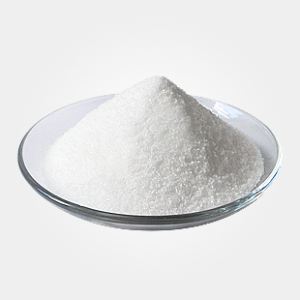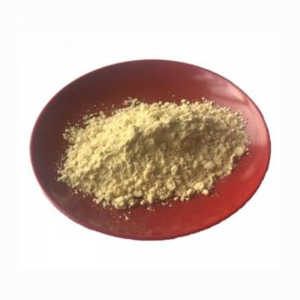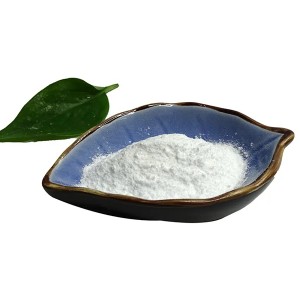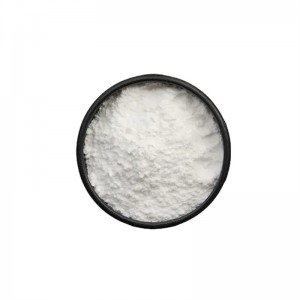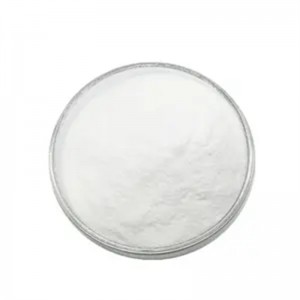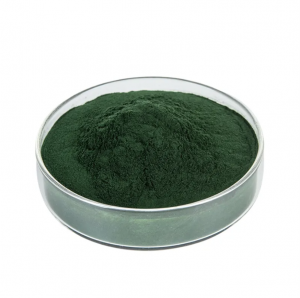| Basic Information | |
| Product name | Caffeine Anhydrous |
| CAS No. | 58-08-2 |
| Appearance | white crystalline powder |
| Grade | Food Grade |
| Solubility | Soluble in chloroform, water, ethanol, easily soluble in dilute acids, slightly soluble in ether |
| Storage | Sealed packaging with non-toxic plastic bags or glass bottles. Store in a cool and dry place. |
| Shelf Life | 2 years |
| Package | 25kg/Carton,20kg/carton |
Description
Caffeine is a central nervous system (CNS) irritant and belongs to the category of alkaloids. Caffeine has various functions, such as increasing the body's energy level, enhancing brain sensitivity, and increasing neural excitability.
Caffeine is present in various natural foods, such as tea, coffee, guarana, cocoa, and cola. It is the most widely used stimulant.
Caffeine can be quickly absorbed by the digestive tract and exerts its maximum effect (reaching its peak concentration) within 15 to 60 minutes after use. The half-life of caffeine in the human body is 2.5 to 4.5 hours.

Main Function
Caffeine can inhibit adenosine receptors in the brain, accelerating dopamine and cholinergic neurotransmission. In addition, caffeine can also affect cyclic adenosine monophosphate and prostaglandins.
It should be noted that caffeine has a slight diuretic effect.
As a sports supplement (ingredient), caffeine is usually used before training or competition. It can improve the physical energy, brain sensitivity (concentration), and muscle contraction control of athletes or fitness enthusiasts, allowing them to train with greater intensity and achieve better training results. It is worth noting that different people have different reactions to caffeine.


